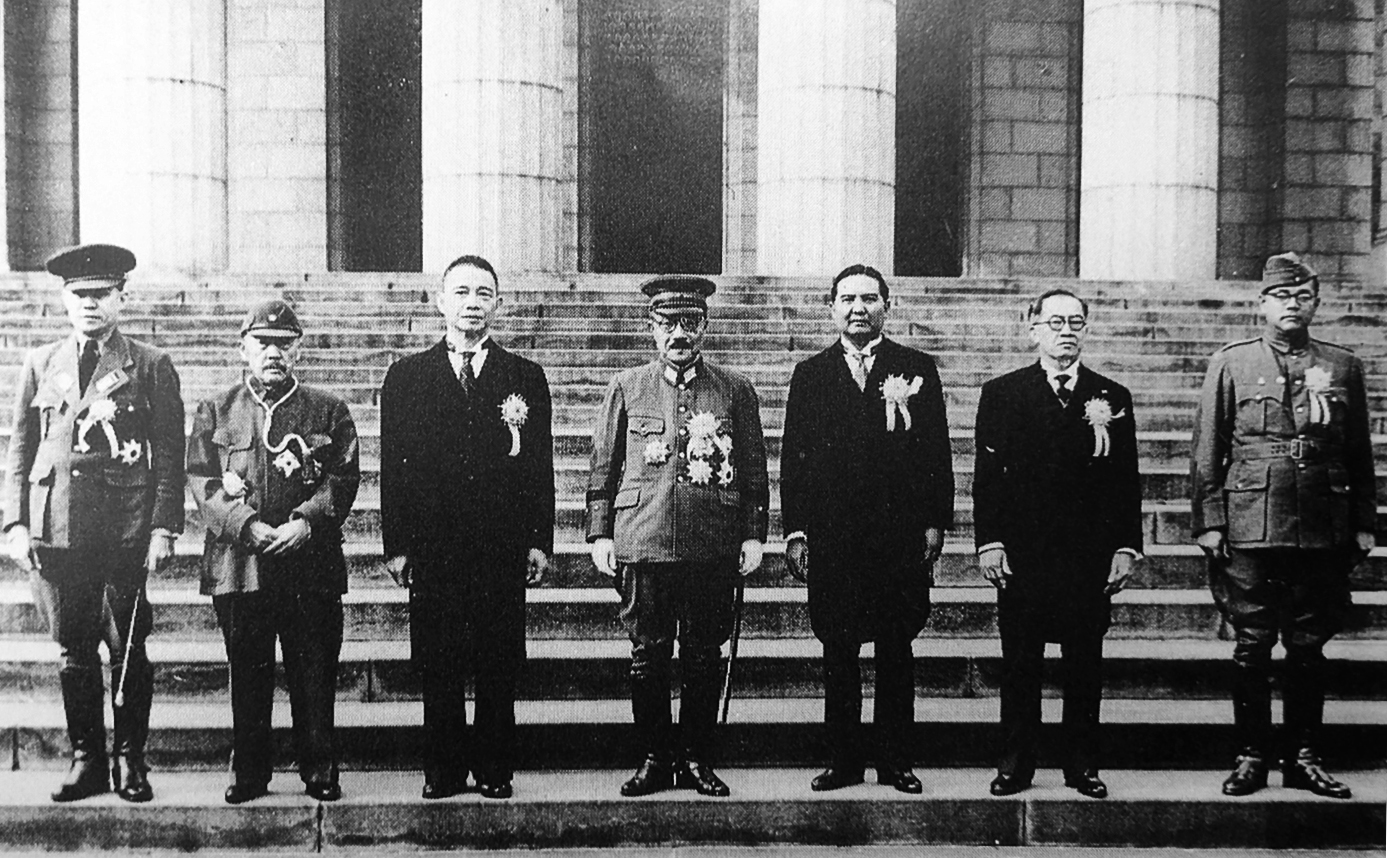I think your explanation implies that modernization is inherently Western.
I'm not implying it I'm saying it flat out

I think your explanation implies that modernization is inherently Western.

Well for Japan, it's stated policy was "leaving Asia" and "joining the west" going back to the 1880s.
They studied the political, economic and military systems of the west, chose the ones they most wanted to emulate, and imported thousands of "foreign experts" to help with the reforms.
I have heard that Japan is trying to promote 'leaving Europe and joining Asia' in order to increase the influence and cooperation with Asian countries, with the purpose to lead them out of the economic decades.
Ahhhhhhhhhh Great East Asian Co-Prosperity Sphere. Part propaganda move, part genuine belief that European colonialism was a Bad Thing. As part of the whole idea the Japanese gave Burma, the Philippines and India independence, promised Thailand continued independence and made moves to give Indochina, Indonesia and Malaysia eventual independence. In the case of Indonesia it grabbed its own independence, but with the connivance of some of Admiral Maeda who seems to have believed in the whole Asia for the Asians thing. It also gave us some ossim pictures like this one:

With left to right:
Hideki Tojo, Prime Minister of Japan
Zhang Jinghui, Prime Minister of Manchukuo
Wang Jingwei, President of the Nationalist Government of Republic of China in Nanjing
Ba Maw, Head of State, State of Burma
Subhas Chandra Bose, Head of State of Provisional Government of Free India (Arzi Hukumat-e-Azad Hind)
José P. Laurel, President of the Second Philippine Republic
Prince Wan Waithayakon, envoy from the Kingdom of Thailand

The Thai Representative was the only independent representative attended this conference, that's why some people doubted that should they count Thailand as an axis power
And I was already wondering how the Japanese would allow their own head of government not being in the center.The order's wrong.
From left to right: Ba Maw, Zhang, Wang, Tojo, Prince Wan, Laurel, Bose; I think.
Bose is one ugly man.
WWTVICTOR said:The Thai Representative was the only independent representative attended this conference, that's why some people doubted that should they count Thailand as an axis power
What makes someone or something independent?

WWTVICTOR said:The 100th Anniversary of the Sinhai Revolution, the First Asian Democratic Revolution!
Not a protectorate, puppet state, or automatic resource production machine under the glory leadership of the Empire of Japan in the Great East Asian Co-Prosperity Sphere.
Or simply, not dependent.
Which doesn't describe Thailand under Japanese occupation.
Good job Japan for increasing the number of independent states in Asia I suppose?
The Japanese troops had invaded Thailand, but they signed a mutual alliance pact with each other and Thailand remanined independence.
The situation is like present Bhutan and India today. Although Bhutan is independent, India have inflenece over her foriegn policy and some other affairs.
Reference:
http://en.wikipedia.org/wiki/Thailand_in_World_War_II
The First Philippine Republic was not recognized by United States and Spain, and Philippines was conquered and colonized by American very soon.
You know, guys, there is a history forum here...

India doesn't have a large occupying army in Bhutan making sure that the Bhutanese behaves. India doesn't commandeer Bhutan's entire transport network. India doesn't force Bhutan to change its laws in the manner that Japan did for Thailand.

Irrelevant. And anyway, China became a military dictatorship less than a year after the Xinhai Revolution.
Wikipedia said:The revolution did not immediately result in a republican government; instead, it set up a weak provisional central government over a politically fragmented country. Reactionaries briefly and abortively restored the monarchy twice, leading to a period of military rule. Though the revolution concluded on February 12, 1912, when the Republic of China formally replaced the Qing Dynasty, internal conflict persisted. The nation endured a failed Second Revolution, a Warlord Era and the Chinese Civil War before the Communists took control on October 1, 1949.
As I said earlier, the Occupation of Thailand was very similar to the first years of the Occupation of Denmark. In both countries, the government surrendered after fighting the invader for a few hours. Both countries retained their system of government, but a large occupying army keeps them in line.





